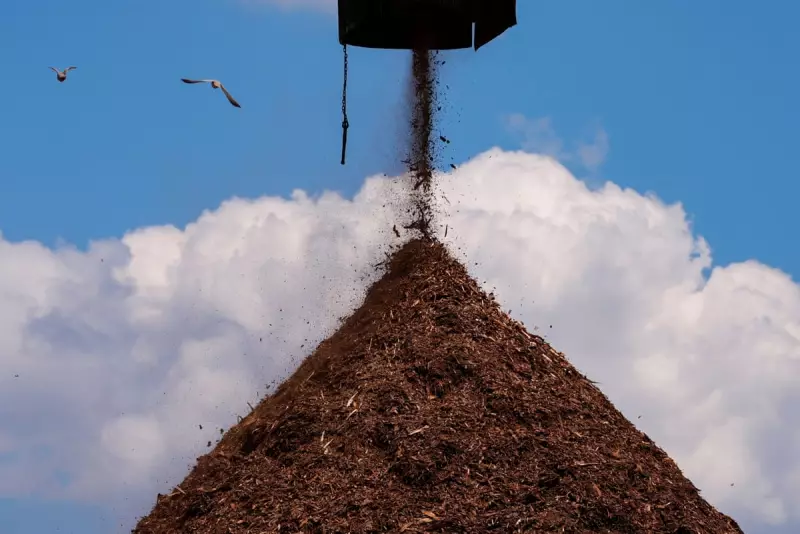
In a dramatic escalation of environmental enforcement, the state of Mississippi has launched a major lawsuit against British energy company Drax, accusing its biomass operations of creating a public health hazard through systematic air pollution violations.
The Allegations: A Pattern of Pollution
The legal action, filed by Mississippi's Department of Environmental Quality, targets two Drax-owned wood pellet manufacturing facilities in Amory and Gloster. Court documents reveal startling allegations of repeated clean air act violations, with state regulators claiming the plants have been operating without proper permits while emitting dangerous levels of pollutants.
"These facilities have been operating outside the bounds of what is legally permissible," stated a spokesperson for the environmental agency. "We're talking about consistent failures to control emissions that directly impact local communities."
Community Health at Stake
Residents living near the contested plants have reported ongoing concerns about air quality and health impacts. The lawsuit highlights particular worry over particulate matter emissions - microscopic particles that can penetrate deep into lungs and bloodstream, linked to respiratory illnesses, heart conditions, and premature death.
- Alleged operation without required Clean Air Act permits
- Failure to install necessary pollution control technology
- Releases of harmful particulate matter into surrounding communities
- Potential health risks for vulnerable populations including children and elderly
Drax's American Operations Under Scrutiny
The legal challenge strikes at the heart of Drax's controversial business model. While the company positions itself as a leader in renewable energy in the UK, its American operations face growing scrutiny. The Mississippi plants form a crucial part of Drax's supply chain, processing wood into pellets that are shipped overseas to fuel power stations.
"This lawsuit raises fundamental questions about the environmental credentials of biomass energy," commented an energy policy analyst. "When the production process creates local pollution problems, can we truly call it green energy?"
Broader Implications for Biomass Industry
The case arrives amid intensifying debate about biomass energy's environmental impact. While supporters argue it provides renewable power, critics point to both the carbon emissions from burning wood and the local pollution generated during pellet production.
This landmark legal action could set important precedents for how biomass facilities are regulated across the United States, potentially forcing the entire industry to adopt stricter pollution controls.
Drax has yet to file its formal response to the allegations, but the outcome of this case will be closely watched by environmental groups, energy companies, and communities hosting similar facilities worldwide.





